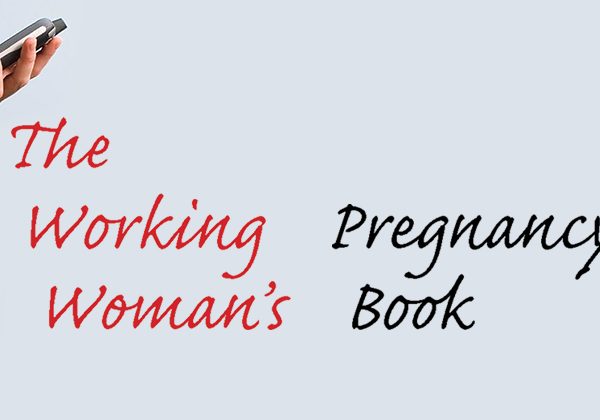How OBs Think
Marjorie Greenfield—
I just got back from the Doulas of North America international conference in Atlanta where I gave a talk called “how OBs think.” The doulas seemed to find the title humorous but they still came to hear what I had to say. I gave the talk because I’ve gotten interested in exploring the scientific data to support physiological childbirth (birth without medical interventions) and I wanted to think through how to introduce ideas to the OB community that might shift beliefs a little.
So what exactly did I say about how OBs think? First I explained how doctors are trained to think like scientists and how we like scientific evidence to support our practices. We weigh risks and benefits before making decisions. But we are also human, and under pressure to always get “good outcomes”. We live in a zero tolerance environment, even for very rare unpredictable complications. And we worry about malpractice suits. So risks loom large, and when we weigh risks against benefits most OBs are not convinced that low intervention physiologic birth has specific benefits. This imbalance between perceived risks of allowing labor against the benefits of spontaneous vaginal birth plays a big role in the current high rate of cesarean section.
I gave an example of a typical high intervention hospital labor that ends with intrauterine infection, cesarean section, separation of mother and baby (NICU), and then short term breast pumping but never breastfeeding; Everyone agreed this sort of scenario isn’t that unusual. I asked the question “How did we get here?” We are supposed to be guided by the principle First Do No Harm, but I think that concept has been subjugated to a risk-based intervention approach to managing labor, without totally understanding all the implications of the management decisions. No mother wants her baby to have problems just so she can have a good birth experience. But that is often a false choice.
Birth is a physiological process and is designed (by survival of the fittest) to go well. Most births shouldn’t require interventions, just support, attention, and a safety net in case of emergency. Birth isn’t just a medical experience. It becomes part of each woman’s personal story. We need to better understand the downstream impact of our obstetrical care: any long-term risks to mother, baby, and future babies from our routine practices; the emotional consequences on the mother and the family of experiencing birth as a medical event; the effects of common practices on breastfeeding and parenting. It sometimes feels like our routines appear justified by community norms, but when they add up they may cause more problems than they solve.
So this is what has been keeping me up at night (when I am not at work being kept up at night by the usual things that keep OBs awake). I’d love to hear other people’s thoughts.
Marjorie Greenfield, M.D., is a practicing, board-certified obstetrician-gynecologist, a fellow of the American College of Obstetrics and Gynecology, and associate professor of reproductive biology at Case Western Reserve University School of Medicine. Dr. Greenfield has written hundreds of articles for the Web and currently blogs about pregnancy for Yahoo.com.
Further Reading:



